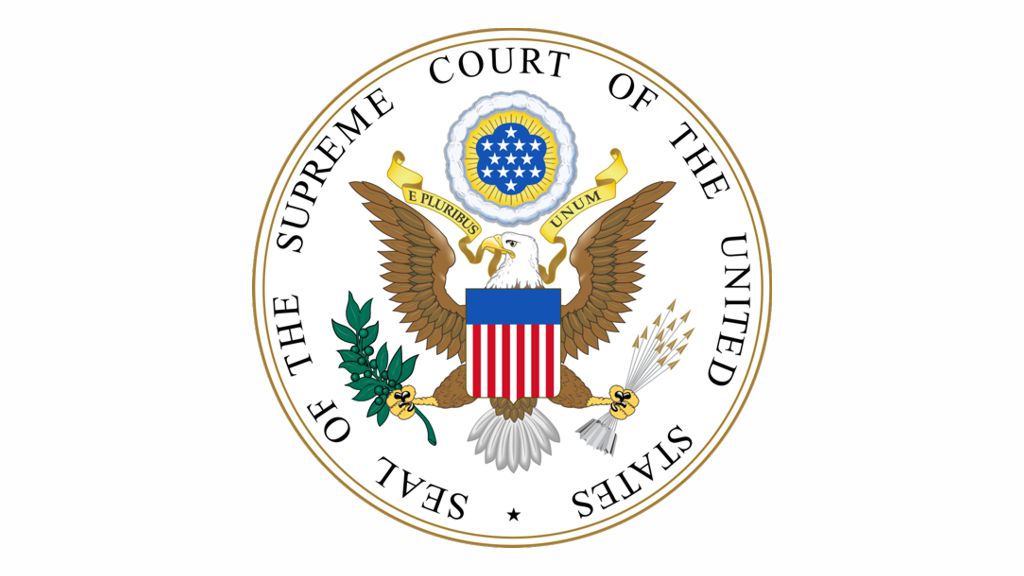The Supreme Court ruled on July 8, 2020 that the Trump administration acted within its authority when it expanded exemptions to the Affordable Care Act’s (ACA) requirement for employers to provide insurance coverage that includes contraception. This gave a victory for Little Sisters of the Poor, the Catholic group that has been at the center of the national debate over the mandate.
QUESTION PRESENTED:
The text of the Affordable Care Act (ACA) says nothing about contraceptive coverage, but it does require employers to “provide coverage” for “preventive care” for women. The Department of Health and Human Services (HHS) has interpreted that statutory mandate to require employers through their healthcare plans to provide at no cost the full range of FDAapproved contraceptives, including some that cause abortions. Despite the obvious implications for many employers of deep religious conviction, HHS decided to exempt only some nonprofit religious employers from compliance. As to all other religious employers, HHS demanded compliance, either directly or via a regulatory mechanism through which they must execute documents that authorize and obligate third parties to use their healthcare plans to facilitate the provision of contraceptive coverage to their employees and that, in the government’s view, put these religious employers and their plans in compliance with the statutory “provide coverage” obligation.
This Court has already considered the direct method of compliance and concluded that it imposes a substantial burden on religious exercise and violates the Religious Freedom Restoration Act (RFRA). It is undisputed, however, that nonexempt religious employers such as petitioners hold equally sincere religious objections to the regulatory method of compliance as well. It is further undisputed that they face draconian fines if they refuse to comply via one of those two avenues.
The questions presented are:
- Does the availability of a regulatory method for nonprofit religious employers to comply with
HHS’s contraceptive mandate eliminate either the substantial burden on religious exercise or
the violation of RFRA that this Court recognized in Burwell v. Hobby Lobby Stores, Inc., 134 S.Ct.
2751 (2014)? - Can HHS satisfy RFRA’s demanding test for overriding sincerely held religious objections in
circumstances where HHS itself insists that overriding the religious objection will not fulfill
HHS’s regulatory objective – namely, the provision of no-cost contraceptives to the objector’s
employees? - Does the First Amendment allow HHS to discriminate among nonprofit religious employers
who share the same sincere religious objections to the contraceptive mandate by exempting
some religious employers while insisting that others comply?
LIMITED TO QUESTIONS 1 AND 2 PRESENTED BY THE PETITION.
CONSOLIDATED WITH 14-1418, 14 -1453, 14-1505, 15-35, 15-119 AND 15-191.
ORDER OF MARCH 29, 2016: THE PARTIES ARE DIRECTED TO FILE SUPPLEMENTAL BRIEFS THAT ADDRESS WHETHER AND HOW CONTRACEPTIVE COVERAGE MAY BE OBTAINED BY PETITIONERS’ EMPLOYEES THROUGH PETITIONERS’ INSURANCE COMPANIES, BUT IN A WAY THAT DOES NOT REQUIRE ANY INVOLVEMENT OF PETITIONERS BEYOND THEIR OWN DECISION TO PROVIDE HEALTH INSURANCE WITHOUT CONTRACEPTIVE COVERAGE TO THEIR EMPLOYEES. . . .
CERT. GRANTED 11/6/2015
15-105 Little Sisters V. Burwell PDF
Little-Sisters-vs-Burwell-15-00105qp






